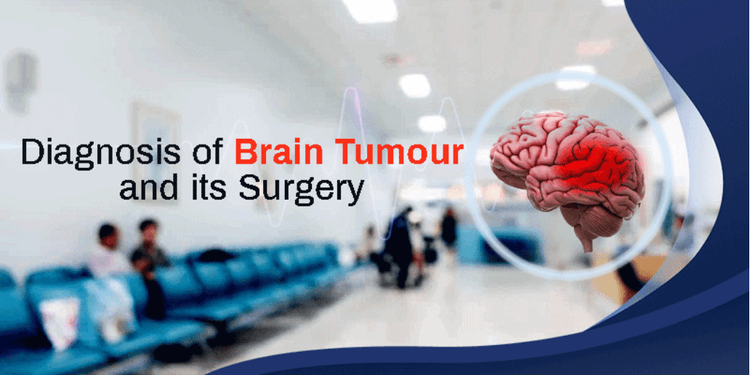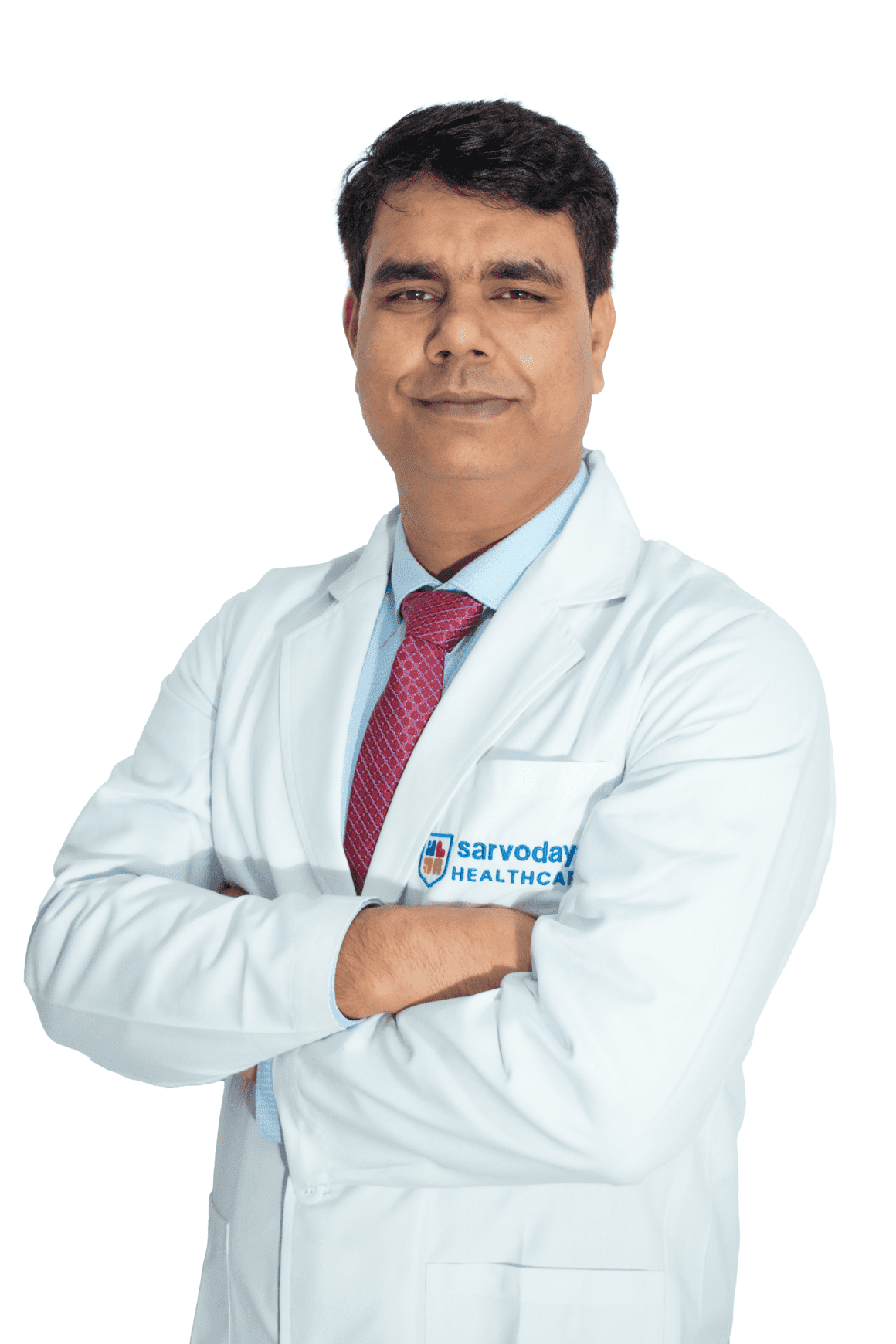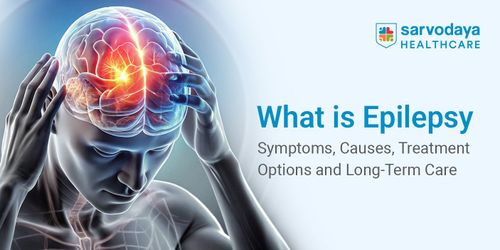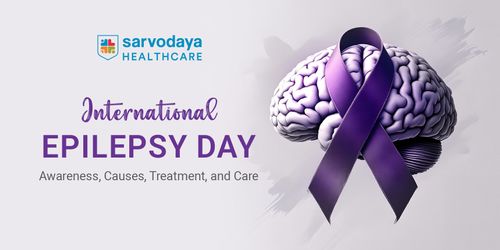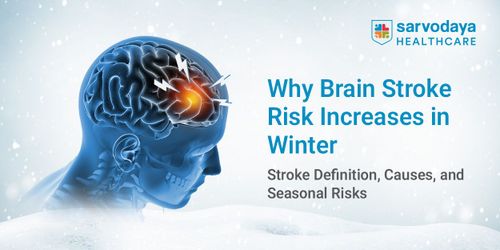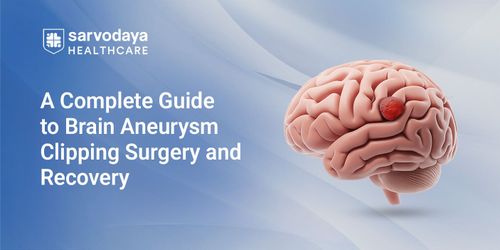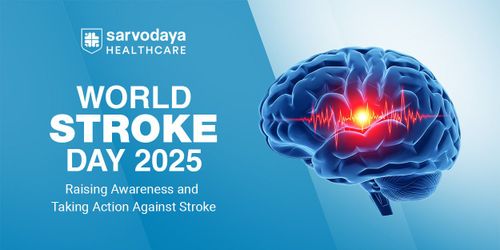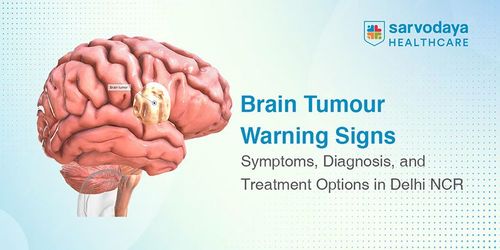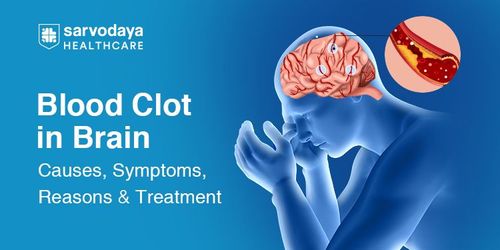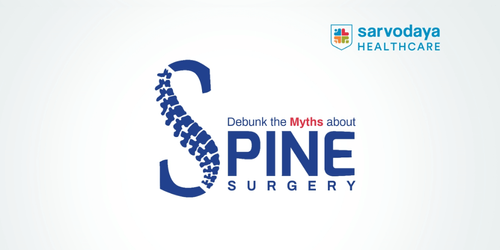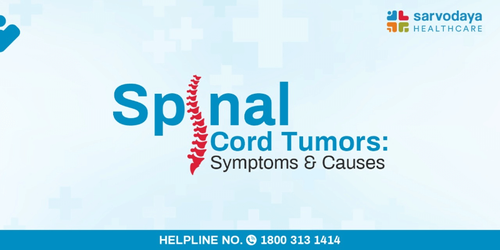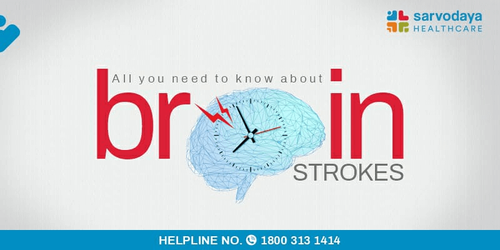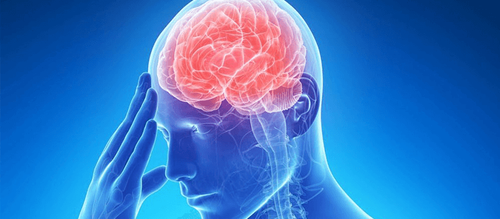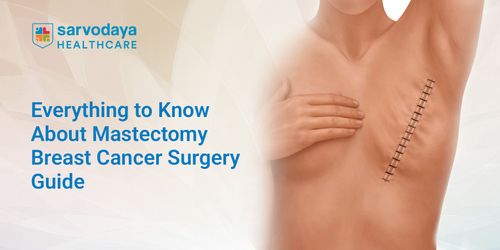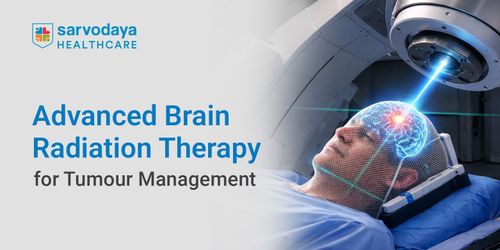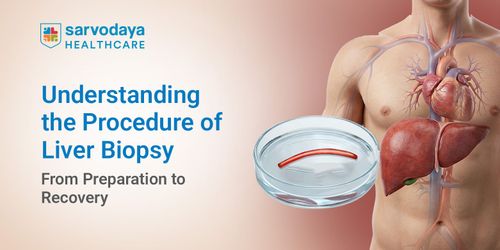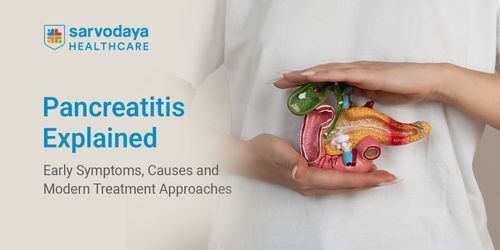A brain tumour is a mass or growth of abnormal brain cells in the brain. They can be cancerous or non-cancerous. They can occur in the brain itself or may reach the brain spreading from cancer of other body parts. The speed at which it grows varies greatly. The growth rate and location determine how they will affect the nervous system. It is something that can’t be prevented however, its occurrence can be delayed if proper care is given. Staying away from radiation, smoking, and environmental hazards are some of the ways.
The Signs And Symptoms Are Dependent Upon The Size And Location Of The Tumour. Some Common Symptoms Are:
- Patterns of headache
- Increasing frequency and severity of headache
- Unjustified nausea
- Loss of vision
- Seizures
- Loss of hearing
- Loss of sensitivity and movement of limbs
- Difficulty in maintaining balance
- Tiredness
- Behaviour changes like confusion, lack of understanding, difficulty in making decisions
Diagnosis
In suspicion of a tumour, a few sets of tests may be prescribed to conclude the findings. The tests are:
- Neurological examination: To examine the proper neurological functioning, physicians must check vision, hearing capacity, balancing, reflexes and strength.
- Problems in one or more regions highlight the respective part of the brain may be affected by tumours.
- MRI: Commonly used imaging test helps in detail diagnoses of brain tumours. They help the doctors to chart a course of treatment and evaluate the tumour cause.
- A biopsy is the testing of abnormal tissue extracted during surgery or by the needle.
- Stereotactic needle biopsy is done for regions that are hard to reach and may get damaged by extensive operation.
Treatment
Brain tumour treatment depends primarily upon the size, location, stage, and a patient's overall health condition.
The Types Are:
Brain tumour surgery: If the location of the tumour is accessible for the surgery then the doctor would prescribe a brain tumour surgery for its extraction safely. Certain types of tumours are small and can be easily separated from tissues making it possible. Whereas there are tumours that are located in sensitive areas and can’t be separated safely from tissues making brain tumour surgery risky.
In risky situations, the doctors remove as much of the tumour as possible. Even the removal of a portion of a tumour has a considerable effect on the health of an individual, it can cause nerve damage, bleeding, or an infection.
Removal can be done through: Radiotherapy, Chemotherapy and Drug Therapy
A person suffering from a brain tumour has to suffer many health complications depression, loss of brain functioning, tiredness, fits, headaches, paralysis, irregular speech, hearing loss, and nutritional deficiency are some of the reported risks that are common among such patients.
After brain tumour treatment proper rehabilitation is given to the patient so as to reinstate his physical, occupational, vocal, and other abilities that get affected in the course of treatment.
Visit Centre for Brain and Spine, Sarvodaya Hospital, Sec-8, Faridabad, as we provide excellent healthcare solutions with the cities best experts, equipped with advanced technology. The centre is one of the most advanced and versatile neurosciences departments in Delhi NCR with an amalgam of leading physicians, neurosurgeons and the latest technology in the field of Neurosurgery and Neurology.
When it comes to Inoperable Brain Tumour, we offer treatment through futuristic technology, operated by seasoned surgeons to provide the best results across a wide spectrum of procedures across Paediatric Neurosurgery, Neuro-Oncology, Spine & Correctional Surgeries, Neuro Trauma, Cerebrovascular & Stroke and Pain Management.
Our team of doctors are highly experienced across brain & spine surgeries including both functional and trauma cases. Some of the major procedures are Brain Tumour Surgery including Awake Brain Surgery and Speech Mapping, Stereotactic Neurosurgery, Brain & Spine Micro Endoscopic Surgeries, the 360-degree procedure for Cervical & Thoracic Spine, Disc Replacement Surgery, Aneurysm Clipping, Deep Brain Stimulation, Epilepsy & Pain Relief Surgeries and Radiosurgery and all types of trauma surgeries.


